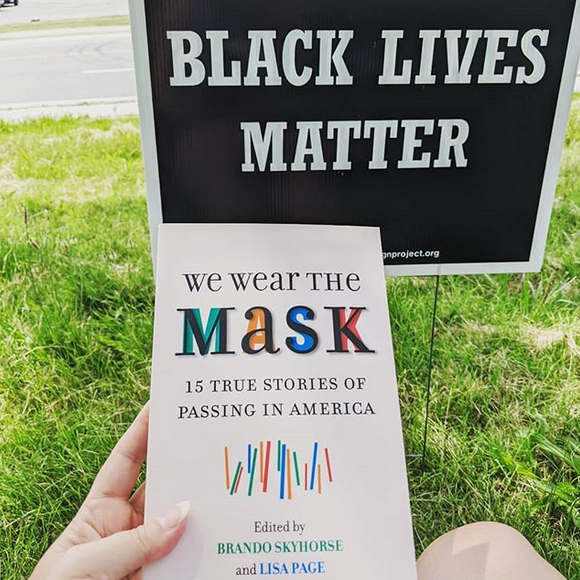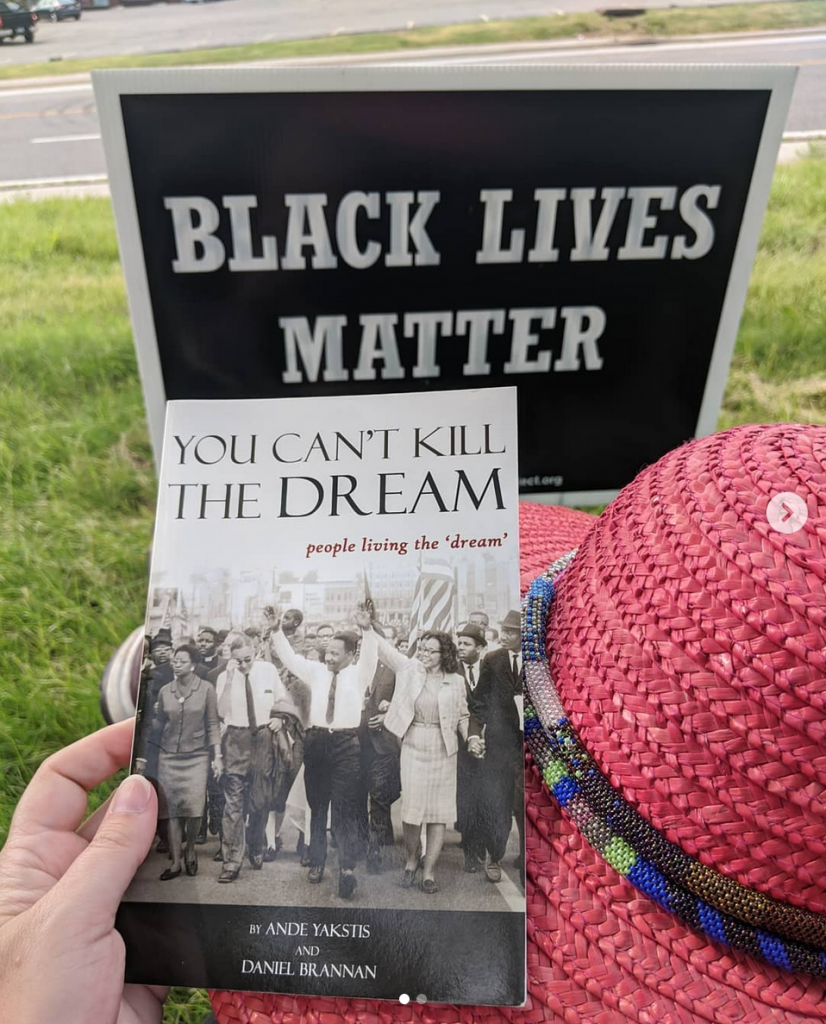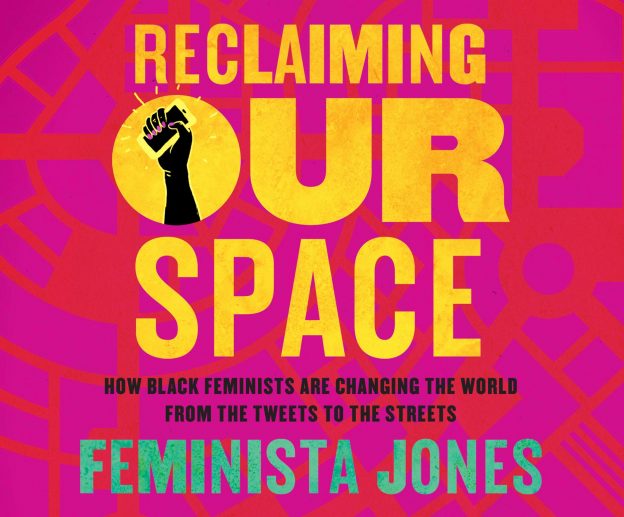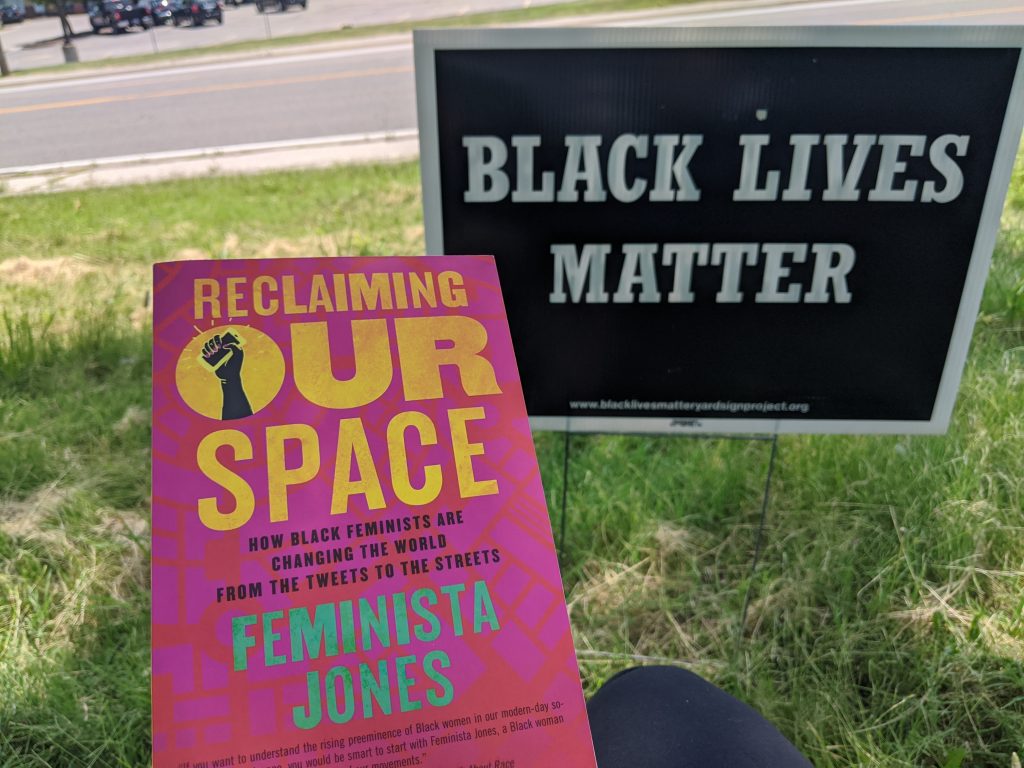I won a copy of Twenty-First-Century Jim Crow Schools: The Impact of Charters on Public Education, by Raynard Sanders, David Stovall, and Terrenda White.
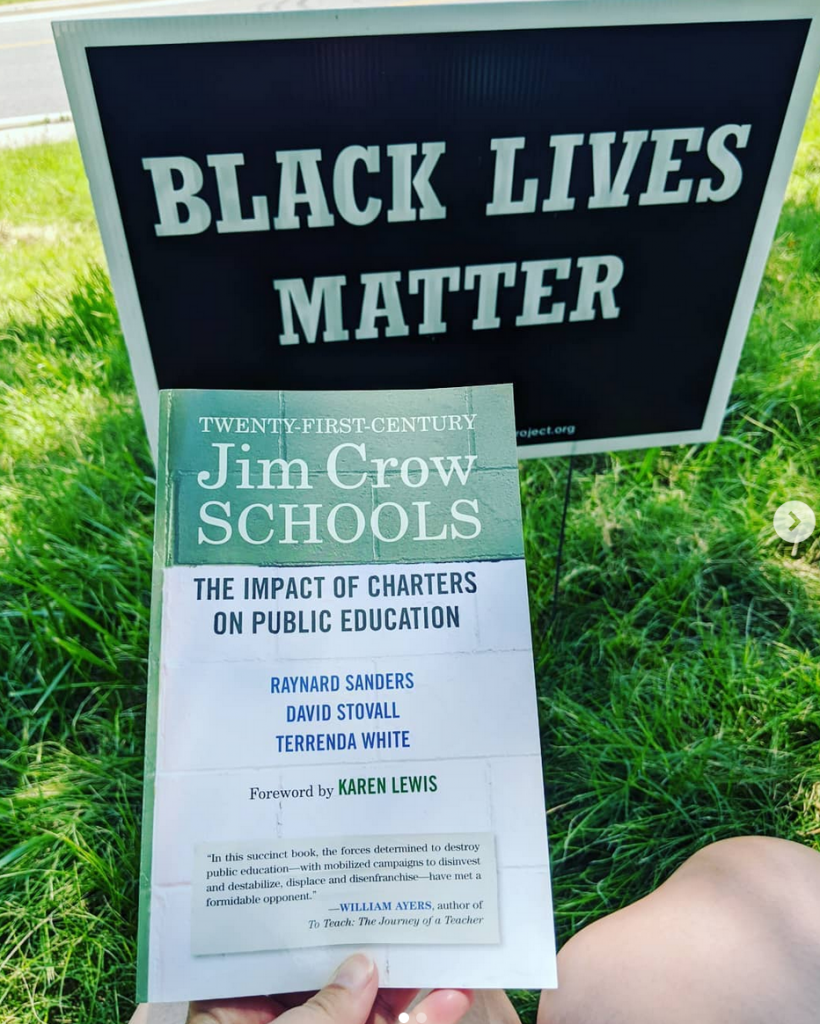
Description of book:
Charter schools once promised a path towards educational equity, but as the authors of this powerful volume show, market-driven education reforms have instead boldly reestablished a tiered public school system that segregates students by race and class. Examining the rise of charters in New Orleans, Chicago, and New York, authors Raynard Sanders, David Stovall, and Terrenda White show how charters–private institutions, usually set in poor or working-class African American and Latinx communities–promote competition instead of collaboration and are driven chiefly by financial interests. Sanders, Stovall, and White also reveal how corporate charters position themselves as “public” to secure tax money but exploit their private status to hide data about enrollment and salaries, using misleading information to promote false narratives of student success.
In addition to showing how charter school expansion can deprive students of a quality education, the authors document several other lasting consequences of charter school expansion:
– the displacement of experienced African American teachers
– the rise of a rigid, militarized pedagogy such as SLANT
– the purposeful starvation of district schools
– and the loss of community control and oversight
A revealing and illuminating look at one of the greatest threats to public education, Twenty-First-Century Jim Crow Schools explores how charter schools have shaped the educational landscape and why parents, teachers, and community members are fighting back.
Review:
The title of this book lets you know this is an anti-charter school text. Do not go in looking for a balanced, both sides of the issue discussion. Of the three essays, the last (by White) is the most nuanced, while the first represents what appears to be the charter school system in the worse shape. Unfortunately, even agreeing with a lot of the endpoints of Sander’s arguments in that first essay, I didn’t feel he successfully supported them. Similarly, I felt Stovall’s direct correlation between charter school systems and post-reconstruction jim crow was a bit of a stretch. Similarities exist for sure, but I think he stretched his analogy too far.
I did appreciate that each author acknowledged that charter school originated innocuously, as small, community-led schools before they were later essentially franchised. Lastly, taking all three essays as a whole, I was really surprised how many men are interviewed or references, considering how heavily skewed toward women the teaching field is.

